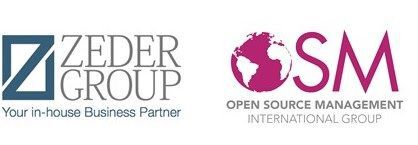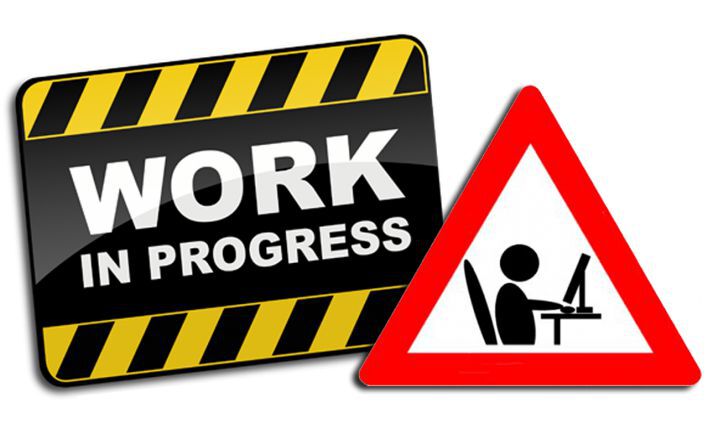Sadek El Assaad
Paolo Ruggeri
Time is not infinite
12 principles to make the best use of your time
Table of content
Preface
After more than 20 Years of managing Human Resources in Companies, and around a decade of helping Entrepreneurs, Owners and CEOs in their Businesses, I can say that I have seen pretty much every type of Manager and Leader. One criteria that differentiated successful people from others is their ability to manage time properly. I am not saying that other people were unsuccessful; I am just highlighting the fact that, among other skills, some people have the knack of successfully managing their time, helping them achieve more success than their counterparts.
In the last decade alone, I have collaborated with many owners, CEOs, Managing Directors and Company Managers who often worked as though their time was infinite. I saw them spending more and more time with their team in the office until their week became highly laborious. They would only leave the office to eat and sleep. I dont mean to say that we should only work from 9 to 5, 5 days a week and then completely ignore our work on weekends. I know that sometimes we have to put in the extra hours to meet our deadlines and achieve our targets; however, when this becomes the norm, it means that we need to consider alternatives such as working smarter rather than harder. This is the reason why I am writing this book
Dedicated to all Entrepreneurs, Business Owners, CEOs, Managing Directors and Company Managers who think that every working day should be 48 hours, during which the need to eat, sleep and socialize is nonexistent.
To all those who wait for the weekend just to restI, too, was one of them so many years back!
Sadek El Assaad
Introduction
In this book I am going to list 12 principles that will help you manage your time, and in turn, your company, for the best results. These principles were derived from the work of my colleague, partner and most importantly, my friend, Paolo Ruggeri - CEO of OSM - Open Source Management International.
The objective of freeing your time is to enable you to focus and concentrate on your strategic direction and long-term goals i.e. Keep time in your agenda today to do what will make a great difference tomorrow.
If you dont devote time in your agenda to training, research & development, marketing and to all other activities that make your company or your business stronger, your operational work will expand and consume all the time that you have. Additionally, you would not have worked on the activities that could have made your company bigger and stronger.
Lets start!
PRINCIPLE 1
Work expands so as to fill the time available for its completion
Work expands so as to fill the time available for its completion. This is called the Parkinson principle.
Lets take an example. If you have one day to finish a presentation, that is the exact time you will take to prepare itYou might use two to three hours to think of the layout and what you would like to convey, 4-5 hours on the presentation itself and spend the rest of the day doubting your work, wondering if it is good enough for your audience. The actual final presentation will be finished in only 15 minutes.
Now, lets take another scenario. If you only had 1 hour to prepare your presentation, you would start by deciding the exact points that you have to cover to get your message across. You then start writing them down on the presentation and quickly decide on the pictures. Finally, you will review for any typo or grammatical mistakes while ensuring that it is coherent, and your point is clear. This is why so many of us think that we can work better under pressure. We dont waste time when we are under pressure because we focus on the real and necessary stuff only. It is human to procrastinate. However, as a Business Owners or Company Managers, you must know which tasks are worth procrastinating for and which require your immediate attention.
PRINCIPLE 2
Make a list of ongoing projects
Your mind works like a computer. Having many incomplete or half completed projects is just like having many open windows on your screen; the efficiency drops, and your work slows down, including time management.
A good solution is to write down a complete list of all cycles or ongoing projects that are currently running. This is known as the open cycles list.
While making the list, ensure that you dont get drowned by smaller tasks. There is no harm in writing down the details so you remember them, however, in your list, the first 5 items or so should be of futurist strategic nature. These are the tasks that will make your business or role grow and will get you closer to the overall direction and goal you have set up for your company or yourself.
While writing down your tasks, on a piece of paper or digitally, make sure to be specific. Dont just write Collect credit or meeting with the sales team but rather write Faysal AED 10,000; Ali AED 6,500 or Review the targets with the sales team and decide on an action to rectify the missing sales.
Being specific will allow you to close the windows in your mind and recover your energy. It will also keep you focused on the more important things at hand. Update/review or create a list once a day, week or every 15 days and delete some things from your list every now and then.
I have seen that many successful leaders keep a small piece of paper or booklet in their pocket where they write down the tasks that they might forget. Moreover, in the digital era, you have many tools that will help you organize your to-do list. However, make sure that you dont overdo it.
It is a proven fact that if you make a to-do list, your productivity increases by 15% to 20%. Start making a checklist of the things you want to do every week, and if necessary, use the open cycles list as a starting point - then keep that list always ready with you. Keep five minutes a day to write down the plan of the day, and if possible, do it the night before.
Do tasks that take less the five minutes right away!
If a task takes you less than five minutes to complete, do it right away and dont postpone it. From a time perspective its far better than writing it down on your agenda, starting it and then stopping it midway. If you have a meeting with somebody and you have promised that you will send a short, written report, do it once you come out of the meeting. It will be fresh in your mind and you will remember the details. If you dont do it immediately, what is supposed to take five minutes could stretch to thirty minutes.
It takes time to go back to the same mindset, rethink of the whole situation and act. By this I dont mean that you need to respond to every email as it arrives (we will cover emails a bit later), I mean dont procrastinate. If it can be done, do it, finish it off and delete it from your list. Keeping unfinished tasks tends to drain you. On the other hand, doing such tasks and ticking them of your mind will make you feel more productive and will give you a sense of achievement.



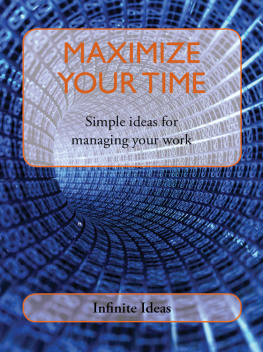
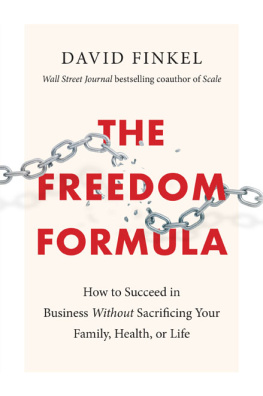
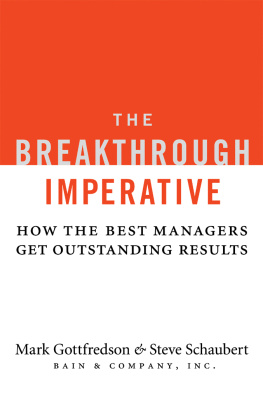
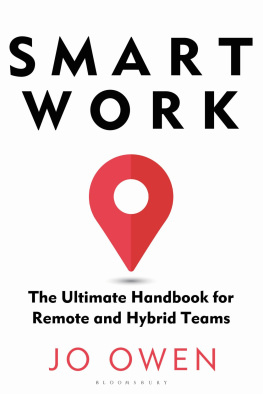
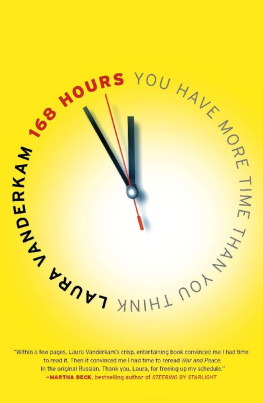
![Mark Satterfield [Mark Satterfield] - The One Week Marketing Plan: The Set It & Forget It Approach for Quickly Growing Your Business](/uploads/posts/book/124042/thumbs/mark-satterfield-mark-satterfield-the-one-week.jpg)


